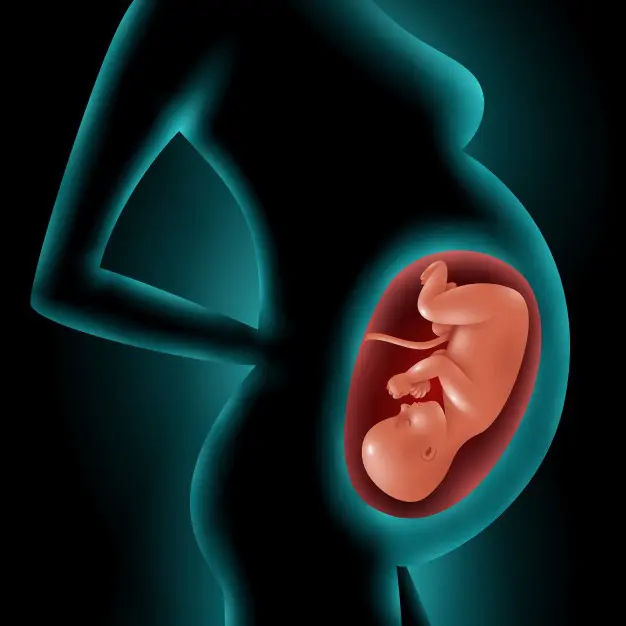The Delhi High Court on Tuesday allowed a woman to terminate her pregnancy at 33 weeks due to abnormalities in her foetus.
The Delhi High Court earlier on Tuesday said that the ultimate decision when it comes to matters of abortion have to be given to the woman as it recognises her choice to give birth and a possible dignified life to the unborn child.
This decision came in light of a 26-year-old married woman who was allowed to undergo medical termination of her 33 week old pregnancy.
Justice, Pratibha M Singh recognised the right of a women’s choice in Indian law in the light of various contentions across the globe regarding the right of a pregnant women, wanting to terminate her pregnancy
Here in this case, the petitioner woman wanted to terminate her pregnancy after getting diagnosed that the fetus suffered from some cerebral abnormalities.
The plea argued that the 24-week limit was not applicable “since the foetus borne by the petitioner (woman) carries substantial cerebral abnormalities”.
The judge immediately permitted her to undergo a medical termination. However, she also noted that the medical board unfortunately could not give a categorical opinion on the degree of the mishappening that would affect the life of the born child. Hence, this led the court to opine that such an unpredictable situation was in favor of the woman wanting to terminate her pregnancy.
The court ruled that in such cases, the ultimate decision would be the choice of mother along with the possibilities of giving a dignified life to the unborn child, permitting the termination of pregnancy in the present case.
The court held that in the present case, it was able to understand the psychological trauma that was affecting the parents due to their economic as well as social condition and hence terminating the pregnancy was a well informed decision with all factors taken into consideration by the petitioner.
The court allowed immediate medical termination of pregnancy at GTB or any other approved hospital of the petitioner’s choice under the law and held that the mother’s choice was a bonafide one.
The court also made it clear that the informed consent of the petitioner would be taken and she would be undergoing the procedure only at her own risk.

The court also took into account the dilemma that any mother faces while making such decisions and the judges have to go through the same. These issues cannot only be dealt with by factual or legal factors but they also involve ethical and moral standards.
Modern technology can now detect abnormalities at the fetal stage. However, the unpredictability of the degree of abnormality puts up challenges to society.
The court said that the medical report produced by the medical board should not only have the medical condition of the unborn child, but also the physical and psychological condition of the mother and the risk involved in continuing or aborting such pregnancy.
The petitioner was represented by advocate Anwesh Madhukar and Prachi Nirwan. She approached the high court after the GTB Hospital declined her request for terminating the pregnancy arguing that it required judicial intervention, as the gestational period could not go beyond 24 weeks as given under the Medical Termination of Pregnancy Act, 2021.
The abnormality became visible only after the 16th week of the gestational period.
Justice Prathibha M Singh, who interacted with the woman before delivering her verdict, said she was convinced that the woman has weighed the risks involved and taken a well-informed decision.













